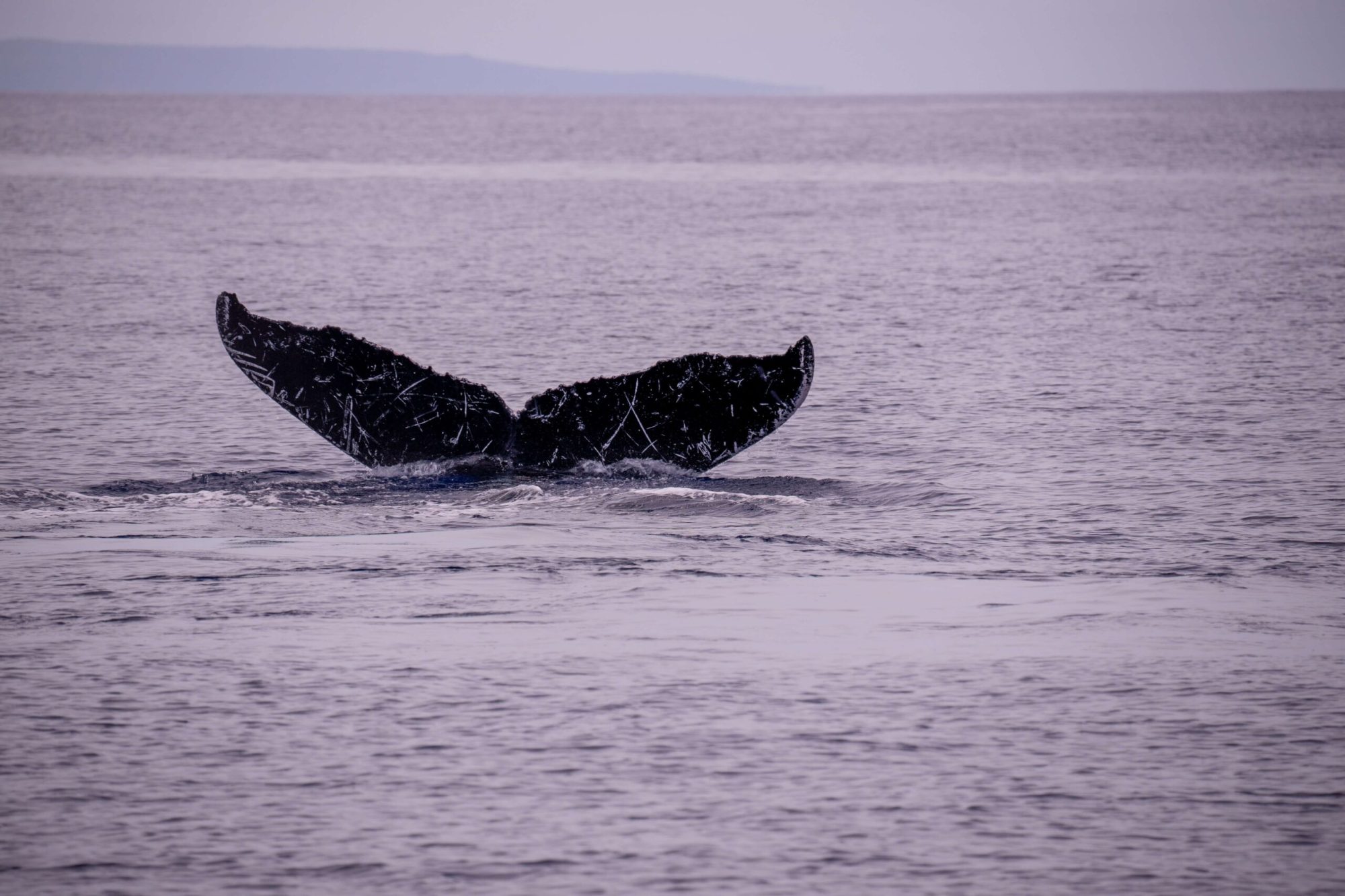Whale Watching: Frequently Asked Questions & What You Should Know

Whale watching is a popular activity among nature enthusiasts and adventure seekers alike. It’s an amazing opportunity to get close to some of the world’s largest and most majestic marine creatures! You can whale watch with binoculars from afar at designated lookout points. However, this doesn’t nearly compare to taking a boat onto the ocean and spotting whales up close. You may also spot dolphins, porpoises, and other sea life along the way!
In this blog post, we will explain how whale watching works and give you some tips on how to have an enjoyable experience.
Whale Watching Seasons
Whale watching is an experience like no other since it changes so dramatically depending on where you are in the world. From the migratory paths of endangered species such as the humpback whale to spotting orca whales in their natural habitat, there is never a dull moment when out at sea. With different ocean currents and temperatures, each location will showcase its own variety of whales and dolphins – making it the ideal marine adventure that never gets old. Make sure you do your research to make the most of your experience.
Whale Watching Season In Hawaii
Getting the chance to whale watch on Hawaii is an exciting experience. The best time to go is between November and May when thousands of humpback whales migrate to its warm waters for mating season. However, the “peak” season to spot these whales normally runs from December through March.
Definitely try to get out there around sunrise or sunset for a gorgeous show of these majestic creatures! Experiencing these mammals in real life gives people a new appreciation for their beauty and grace in addition to the spectacle of their powerful fins and tails. Whales traveling through these waters often protect their young, play with each other, or even breach up into the air – it’s an unforgettable sight!
Learn more about Hawaii’s whales and marine mammals.
Whale Watching Tips
Whale watching is a thrilling experience, whether you’re an adult or a kid. While you can find locations that provide a bird’s eye view of the sea, the most popular way to whale watch is to go on a boat tour or cruise with an experienced guide and captain who can take you to the right areas at the right time of year for spotting these majestic creatures! Not only will you get up close and personal with whales, but you’ll also have the opportunity to observe dolphins, seals, seabirds, and more. Plus, if the weather agrees and the sea is calm and smooth then that just adds to your unforgettable trip.
You can also go whale watching from the shore, either by finding a good vantage point and observing with binoculars or by booking a whale watching tour that includes a land-based component, such as a hike to a scenic overlook.
Whale Watching FAQ
Q: Where is the best place to go whale watching?
A: The best place to go whale watching depends on the type of whale you want to see and the time of year you plan to go. Some popular destinations for whale watching include – Hawaii, California, Alaska, Washington, & many more.
Q: What time of year is the best time to go whale watching?
A: Again, this depends on the type of whale you want to see and where you are located. In general, the best time to go whale watching is during the migration seasons, when whales are more active and easier to spot. For example, gray whales migrate along the west coast of North America from December to May, and humpback whales migrate to tropical waters to breed from November to April.
Q: How can I make the most of my whale watching experience?
A: Here are a few tips for making the most of your whale watching experience:
- Dress in layers and bring sunscreen, a hat, and sunglasses
- Bring a camera and binoculars to get a closer look at the whales
- Choose a tour or operator that follows responsible whale watching guidelines, such as maintaining a safe distance from the whales and not disturbing their natural behaviors
- Listen to your guide and follow any instructions they give
- Be patient and remember that wildlife sightings are never guaranteed
- Respect the whales and their environment by not littering and staying on designated paths or viewing areas
Q: Are there any environmental concerns with whale watching?
A: While responsible whale watching can be a positive and educational experience, there are also potential environmental concerns to consider. It is important for tour operators to follow guidelines for responsible whale watching, such as maintaining a safe distance from the whales and not disturbing their natural behaviors. Choosing a tour operator that is committed to sustainable tourism practices can help minimize any negative impacts on the environment.
Q: What should I expect on a whale watching tour?
A: On a whale watching tour, you can expect to spend some time on a boat traveling to areas where whales are likely to be found. You may also have the opportunity to view whales from the shore, depending on the tour. A guide or naturalist will often be on board to provide information about the whales and their behavior. The duration of the tour can vary, but most whale watching tours last for a few hours.
Hawaii Whale Watching With Kauai Sea Tours
If you find yourself on the Island of Kauai and are looking to whale watch, look no further than Kauai Sea Tours. We offer a few different tours that are both great for experiencing Hawaii’s whales.
‘Imiloa Whale Watching Cocktail Tour
Join us on an incredible adventure as we head out from Kauai’s south shore. We’ll explore the ocean aboard our express catamaran with light snacks and drinks to compliment your boat tour.
Whale Watch Discovery Raft Tour
Our inflatable raft tour is the perfect way to experience these majestic creatures up close. With a few hours of your time, you get a great view of the whales as they feed and splash around in their natural habitats. Not only will you have a chance to watch them, but our team of experienced guides also point out important facts about whales so you learn while having fun!

